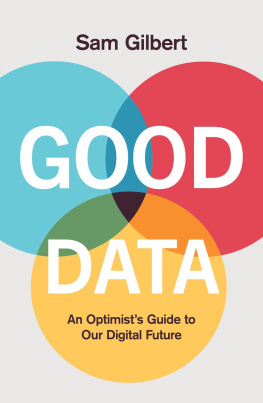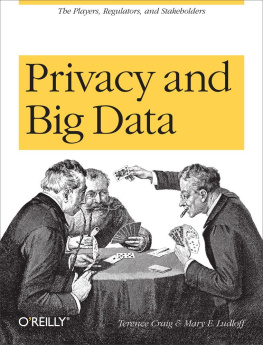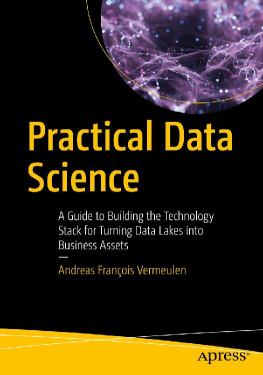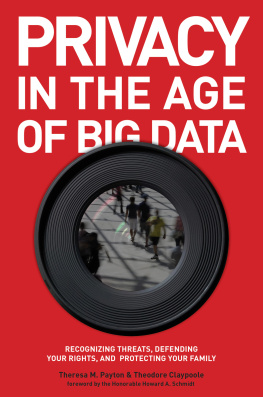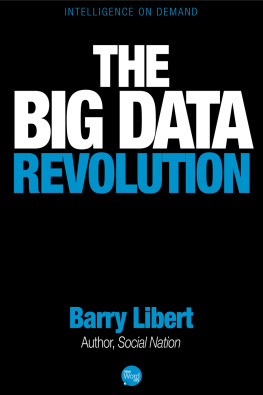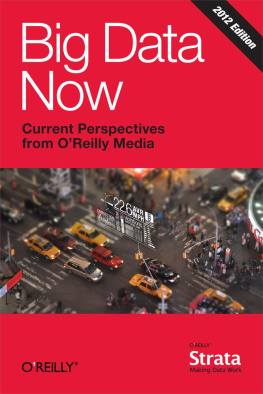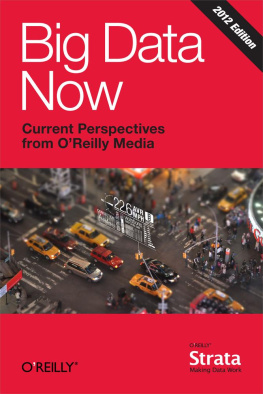For Jennie, who sees what else is possible.
Contents
In 2018, at the age of thirty-nine, I went back to university. Ray, who I had found online, helped me load a suitcase and a few boxes of books into the back of his van, and drove me from London to Cambridge. September is a busy time in the student removals business, and on the journey we chatted about other moves he was doing that week to Southampton, to Manchester, to Cambridge again. I noticed from his key ring that he liked German shepherds, so I asked him about them. He had two, Lola and Charlie. Both were rescue dogs: Lola was five, and just as affectionate as when she was a puppy; Charlie was older and more wary, especially around strangers. We talked about the huge difference that dogs can make to peoples physical and emotional wellbeing. When Ray asked me what I was going to study in Cambridge, I told him I was going to do politics. He thought for a moment before responding I imagine about Brexit, Donald Trump, or both. You certainly picked an interesting time to do that, he said.
Not everyone was as phlegmatic about my decision as Ray. For the previous six years, I had been chief marketing officer at Bought By Many, one of the fastest-growing tech companies in the UK. After handing my notice in, I posted my news on LinkedIn, and an old colleague got in touch to ask if I fancied a coffee. I said yes, assuming he was interested in hearing about my academic research, and we agreed to meet in a hipsterish caf in Clerkenwell. Well, he said, after our flat whites had arrived, youve gone from the sublime to the ridiculous. He assumed I was having a midlife crisis. Alone in Cambridge, wiping down the drawers in the basement kitchen of my student flat, I could see where he was coming from.
Why had I taken this apparently baffling career path? The roots of my decision are in a Guardian live event on the evening of 17 April 2018. Everything was going well in my life at that time, but the outside world seemed to be falling apart. Things had recently gone from bad to worse for liberal democracy, with right-wing populists winning votes and parliamentary seats in France, the Netherlands, Germany and Austria. But something had also changed. The world had finally found someone, or something, to blame for Brexit, Trump and everything else: Facebook. The crisis of liberal democracy was Mark Zuckerbergs fault.
The Guardian event was a conversation between the Cambridge Analytica whistleblower Christopher Wylie and Carole Cadwalladr, the Observer reporter who had broken the scandal. I was there with my friend Jim, who I had known since he had hired me to work at the data company Experian in 2008. We had worked together on a strategy to develop Experians software and data products for digital marketers, which included the acquisition of Techlightenment, a start-up with a platform for running large-scale Facebook ad campaigns. Jim had since gone on to run the marketing business of VisualDNA, a company that used personality quizzes to tailor online ads, while I had signed up hundreds of thousands of new customers for Bought By Many, mainly by targeting people with Facebook ads based on the breeds of dogs and cats the data suggested they liked. As I sat in the dark auditorium, listening to Wylie describe how Cambridge Analytica had exploited Facebook data to wage psychological warfare on ordinary people on behalf of its political clients, something began to dawn on me. I glanced at Jim and could tell he was forming the same troubling thought. Was it also our fault? Were we the bad guys? I had a horrible sinking feeling.
But then I realised that I was losing touch with reality. There was no doubt that Wylie was engaging, charismatic and witty. In his ripped jeans and big glasses, with his nose piercing and hot pink hair, he fitted the archetypal image of the data geek. It was easy to see why Cadwalladr, a feature writer, had found him such a compelling source and why he was able to command the audiences attention. He was an excellent storyteller, with a gift for articulating the complex technicalities of data analytics in terms they could understand. But I knew from my own professional experience that much of what he was saying about Facebook and the capabilities of targeted digital advertising was misleading. Worse, some of it was plain wrong.
As we were leaving the event, we bumped into a friend who used to run a healthcare think tank, there with her husband. They were distressed and angry about what they had heard. Though they are active members of the Green Party, this wasnt about party politics; it was about the integrity of democratic institutions. Facebook was undermining the basic foundations of democracy, and something had to be done. I share their concerns about contemporary politics, but I did not agree that bringing down Facebook was the answer. I wanted to explain what was wrong about the story Wylie had told, and why it was dangerous that so many intelligent and thoughtful people were being taken in by it. After all, Id worked in data analytics and digital marketing for eighteen years and had nearly been taken in by it myself.
Despite wanting to, I didnt say anything I realised that I didnt have the right vocabulary. At that time I spoke the arcane, technocratic language of the data-driven marketer. I could have talked about segmentation, prospecting, cookies and lookalike audiences, but that wouldnt have helped. I needed a new way of communicating about data, so I quit my job and went back to university to learn it.
* * *
In a relatively short time, a highly influential theory has been developed to explain the apparent connection between technology companies like Facebook and the political and social convulsions of the last few years. It focuses on the role of data, and its called surveillance capitalism. The term was coined by the Harvard Business School professor Shoshana Zuboff in 2015, but it was the recent publication of her 700-page book The Age of Surveillance Capitalism that propelled it into the mainstream. Many other high-profile scholars with critical perspectives on technology, including Zeynep Tufekci, Siva Vaidhyanathan and John Naughton, also subscribe to it. This is the case it makes against Facebook.
When you sign up for Facebook, Instagram or WhatsApp, you give Facebook some of your personal data, in order that you can construct a profile and find other users. This might include your phone number, your date of birth, what school you went to, your favourite music and so on. As you continue to use Facebook, this is supplemented with other data, such as the friends you connect with, the groups you join and the organisations and public figures you follow. Well call this kind of data profile data. Facebook also collects data about your activity for example, which news stories you like or share, which videos you unmute and which of your friends you interact with most frequently. Because it is integrated with other websites through features like Login with Facebook, its also able to collect data about your browsing elsewhere on the web. Well call this second kind of data behavioural data.
Your profile data and your behavioural data are then combined by Facebook in a way that means you can be put into a near-infinite number of possible audiences, which advertisers can then pay to target using Facebooks tools. For instance, a mattress company might want to promote its new product to women aged between twenty-nine and forty-five who like yoga. Data on Facebook enables that to happen. If you fit that profile, an ad with, say, a woman floating above a mattress in the lotus position will appear in your feed. If you dont, it wont. If the mattress company was advertising in traditional media, it would have to make do with placing its ads in magazines aimed at health-conscious women, or on billboards in the train stations of major cities. With these approximations, most of the people who saw the advert wouldnt be the target audience.

